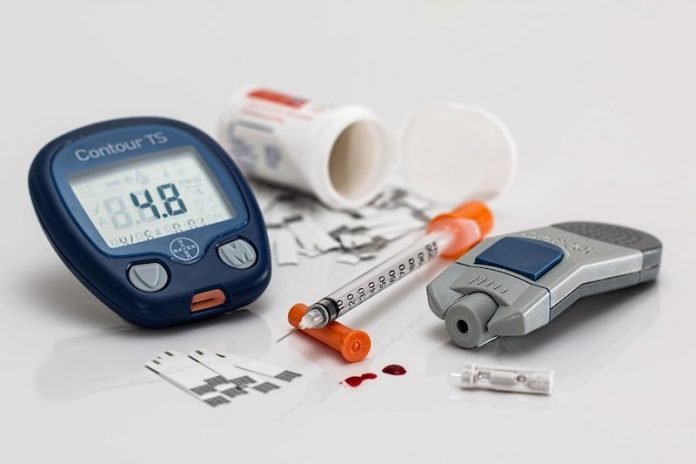
In a new study, researchers found that the recently developed diabetes drug empagliflozin may help treat and reverse the progression of heart failure.
The research was conducted by a team at Mount Sinai.
They also found that this drug can make the heart produce more energy and function more efficiently.
Empagliflozin was approved by the U.S. Food and Drug Administration in 2014. It limits renal sugar resorption and is the first drug in the history of type 2 diabetes proven to prolong survival.
While diabetes patients are typically at higher risk of heart failure, past studies have suggested that those who take empagliflozin don’t commonly develop heart failure.
Those observations led a team of researchers to question if the drug contains a mechanism, independent of anti-diabetic activity that is linked to heart failure prevention, and whether it could have the same impact on non-diabetics.
The team tested the hypothesis by inducing heart failure in 14 non-diabetic pigs.
For two months, they treated half of the animals with empagliflozin and the other group with a placebo.
The team evaluated the pigs with cardiac magnetic resonance, 3D-echocardiography, and invasive catheterization at three different points in the study (before inducing, one day after inducing, and at the two-month mark).
At two months, all animals in the group treated with empagliflozin experienced improved heart function.
Specifically, those pigs had less water accumulation in the lungs (less pulmonary congestion, which is responsible for causing shortness of breath) and lower levels of biomarkers of heart failure.
Importantly, the left ventricles had stronger contractions (enhanced systolic function), got smaller (less dilated), and were less thick (less hypertrophy), and the heart was a normal shape (less architectural remodeling).
The researchers also found that the drug addressed heart failure by improving cardiac metabolism.
The hearts of pigs on the medication were consuming more fatty acids and ketone bodies and less glucose, as contrasted with heart failure patients, whose hearts consume more glucose and almost no fatty acids and produces less energy.
This boost in metabolism helped the hearts produce more energy and function more strongly and efficiently.
This study shows that empagliflozin is an incredibly effective treatment for heart failure and not only an antidiabetic drug.
Moreover, this study demonstrated that empagliflozin is useful for heart failure independently of a patient’s diabetic status.
The researchers are currently studying whether empagliflozin is an effective heart failure treatment in non-diabetic human patients.
One author of the study is Juan Badimon, MD, Professor of Cardiology.
The study is published in the Journal of American College of Cardiology.
Copyright © 2020 Knowridge Science Report. All rights reserved.



